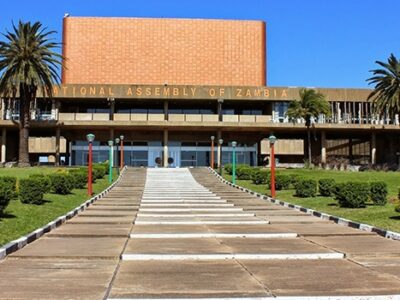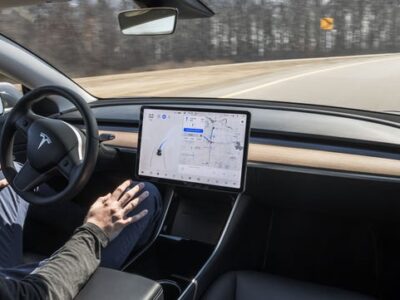In a thrilling collaboration between Zindi, the online competition platform, and UNILUS, an urban mobility hackathon powered by Zambia’s leading tech company, Yango, unfolded on Saturday, 4th November.
This unique event brought together 174 participants from across Zambia, with a notable presence of active female IT specialists.
The challenge was clear: build a machine learning model that determines the average speed along major roads in Lusaka at different times of the day, utilizing data from the September 2023 traffic pattern.
The stakes were high, with a total prize pool of $1000 awaiting the top-performing models.
Meet the Winners
1. Silas Phiri: Champion of the Challenge
Motivation to Participate:
Sila Phiri, the ultimate winner, approached the hackathon with an eagerness to contribute his skills to solving a local problem.
His history in Kaggle competitions fueled his excitement, making this indigenous challenge a special endeavor.
Memorable Moment or Challenge:
For Sila, the most memorable moment was the thrill of making a second submission and catapulting to the top of the leaderboard.
His journey was not without challenges, notably the pressure of maintaining the top spot after briefly being overtaken.
Read more: Yango powers data science hackathon focusing on predicting mobility in Lusaka
Influence on Perspective and New Insights Gained:
Sila’s experience left him with a reinforced belief in the importance of robust cross-validation, even when not leading the public leaderboard.
This deepened understanding was a new skill he gained during the hackathon.
Time Management and Recognition:
Following the 80-20 rule, Sila focused on tasks that promised the most significant improvements to his model within the given time frame.
Being recognized as the top participant motivates Sila to continue learning and working harder, and he expresses gratitude to Yango for the opportunity.
2. Jackson Kawala: Second Place Honors
Motivation to Participate:
Jackson Kawala joined the competition unexpectedly, joining around 3:30 pm. Despite the late start, his motivation was to test his skills and see how far he could go, overcoming the time constraints.
Memorable Moment or Challenge:
Joining late presented its challenges, leaving Jackson with only two and a half hours to participate.
The primary challenge was determining which features to include in his models given the limited time. Facing a time crunch, Jackson decided to use all features, opting for a practical solution under the circumstances.
Influence on Perspective and New Insights Gained:
Jackson attributed his knowledge to the Zindi and Kaggle communities, acknowledging the collaborative effort that drives the data science field.
He gained insights into hyperparameter tuning using the CatBoost library, a model he hadn’t used before the competition.
Feelings on Recognition:
While acknowledging the good feeling of success, Jackson reflected on whether it was due to luck, skill, or a combination. He expressed gratitude to Yango for sponsoring the hackathon and providing data.
3. Sitwala Mundia: Third Place Triumph
Motivation to Participate:
Sitwala Mundia participated in the hackathon for its indigenous focus on local solutions, providing an opportunity to interact with fellow data scientists and improve his skills.
Although Sitwala worked independently, he actively sought insights from fellow data scientists and researched the challenge before the hackathon.
Memorable Moment or Challenge:
His journey saw him at the top position for several hours, facing the challenge of maintaining it as others vied for the lead. Despite this, Sitwala maintained his composure and eventually regained the number one spot.
Sitwala’s experience provided insights into hyperparameter tuning using the CatBoost library, further enhancing his skill set.
Influence on Perspective and New Insights Gained:
Jackson attributed his knowledge to the Zindi and Kaggle communities, acknowledging the collaborative effort that drives the data science field.
He gained insights into hyperparameter tuning using the CatBoost library, a model he hadn’t used before the competition.
Feelings on Recognition:
Being recognized as one of the top participants ignited excitement for Sitwala, looking forward to the next hackathon. He expressed appreciation to Yango for organizing the initiative.
Conclusion
The Zindi Hackathon, powered by Yango, not only showcased the data science prowess of its participants but also highlighted the diverse motivations, challenges, and strategies employed by the top three winners.
As these data enthusiasts continue to learn and grow, fueled by their recognition, the event stands as a testament to the power of collaboration, innovation, and the endless possibilities within the realm of data science challenges.
WARNING! All rights reserved. This material, and other digital content on this website, may not be reproduced, published, broadcast, rewritten or redistributed in whole or in part without prior express permission from ZAMBIA MONITOR.













Comments